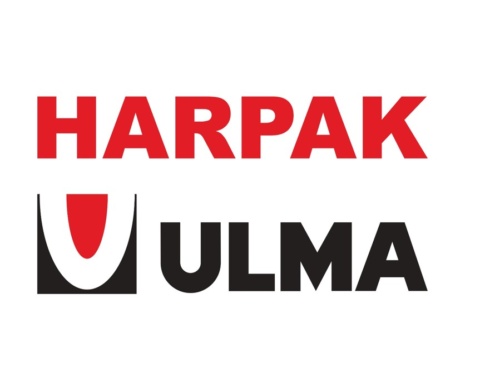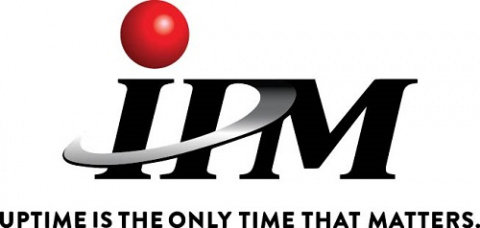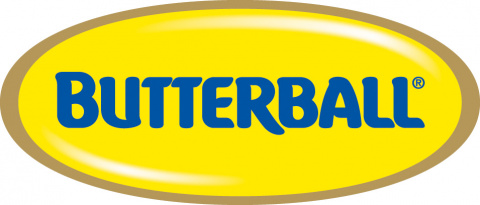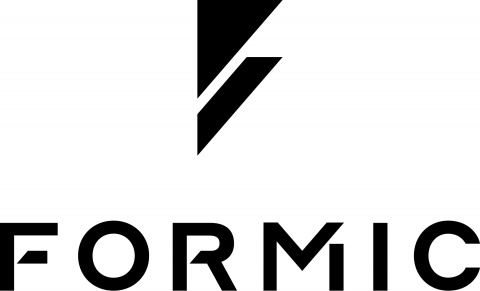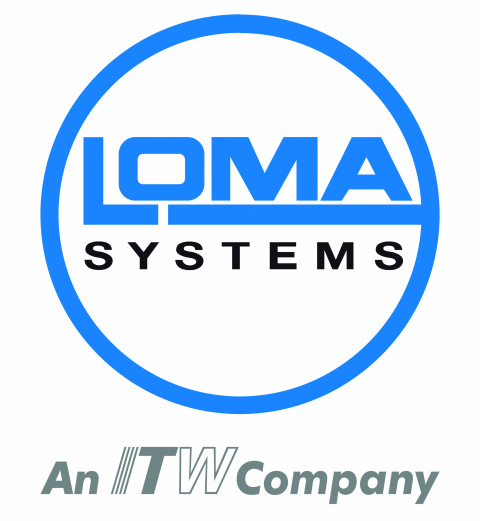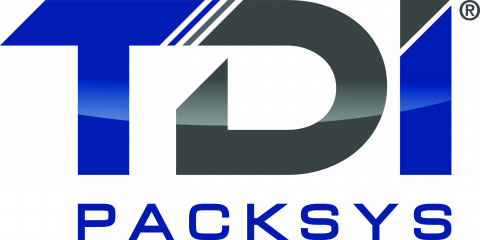
Tiger Brands has made an undisclosed settlement offer to certain victims of a deadly listeriosis outbreak in South Africa that sickened more than 1,000 people more than seven years ago.
The attorneys representing its lead reinsurer, which is QBE Insurance Group, have presented the offer to the plaintiffs’ attorneys, Richard Spoor Inc., as part of a plan that includes a possible overall resolution of the class action.
QBE Insurance Group has authorized the insurers’ attorneys to make settlement offers to people who are members of specific classes of claimants who suffered damage as a result of listeriosis caused by a certain genotype.
This includes claimants who contracted — or whose mothers contracted — listeriosis caused by sequence type (ST) 6. Claimants whose legal breadwinners, on whom they were legally dependent, died of listeriosis caused by ST6; and claimants whose legal dependents, who were in their care, and who contracted listeriosis caused by ST6.
Posting on X, formerly known as Twitter, Richard Spoor said the announcement confirms the company has made a settlement offer to victims of the outbreak.
“An admission that it manufactured and distributed contaminated polony products that killed over 200 people and injured 1,000 more,” he said.
An important milestone
The listeriosis outbreak began in 2017 and was declared over in September 2018, with 1,065 confirmed cases and at least 218 deaths.
People contracted Listeria monocytogenes infections after eating a contaminated ready-to-eat meat product called polony, made at a factory in Polokwane by Enterprise Foods. Polony is similar to bologna. At the time of the outbreak, Enterprise Foods was owned by Tiger Brands, but the business was sold in 2020.
The offer, which was made on April 25, includes payment of the claimants’ proven or agreed compensatory damages. It is subject to certain conditions and has been made without admission of liability and in full settlement of the claims. No details of the offer or payments have been made public.
“(The) announcement represents an important milestone and follows shortly on measures already taken in February 2025 to offer interim relief in the form of advance payments to identified claimants with urgent medical needs,” said Tjaart Kruger, chief executive officer of Tiger Brands.
“It also demonstrates our commitment to continue to work closely with our insurers and their appointed attorneys to explore a resolution of the entire class action.”
The South African Department of Health said it welcomed the decision by Tiger Brands to finally settle the class action, which represents an important milestone to bring the lengthy legal matter to an end and give closure to the affected families and their loved ones.
The National Institute for Communicable Diseases (NICD) is providing the required medical records to enable decision-making in the process. The Department of Health appealed to those with enough evidence suggesting a causal link between the outbreak and the loss of their loved ones, to come forward so that their clinical records can be accessed to establish if they have valid claims eligible for settlement.
In February this year, Tiger Brands, Richard Spoor Inc. and LHL Attorneys reached a deal for payments to be made to people seeking interim assistance to address urgent medical needs.
Tiger Brands and the insurers’ attorneys said they are engaging with the plaintiffs’ attorneys to ensure timely settlement of proven or agreed compensatory damages as soon as possible.
The next step is for the offer to be presented by the plaintiffs’ attorneys to claimants who qualify and then for damages of those people who accept it to be quantified. It is expected that this process will take several weeks, and arrangements to quantify damages will take another few weeks.
The class action, which is being managed in two parts is still at the first stage during which liability is to be determined by the court. Only if Tiger Brands is found liable will the issue of causation arise, in the second stage of the class action, as well as an assessment of compensation payable to qualifying claimants for damages suffered.
(To sign up for a free subscription to Food Safety News, click here)



